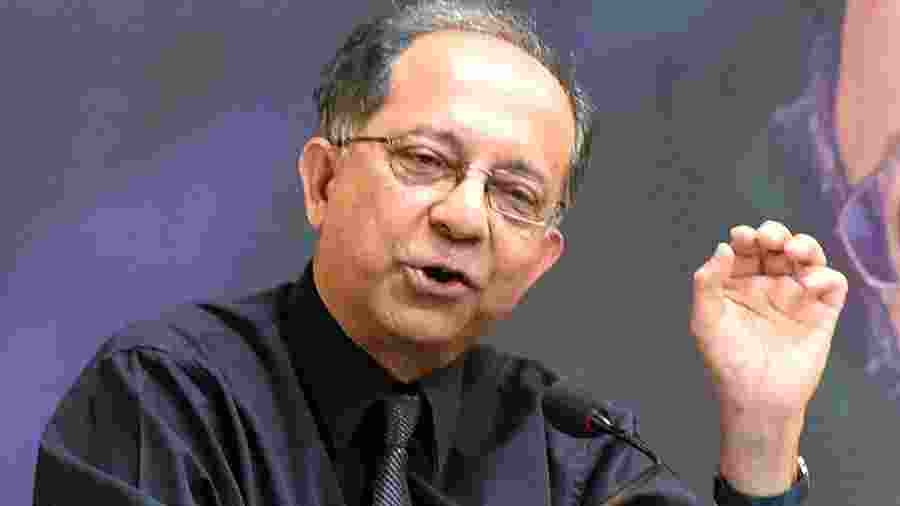Society now is so divisive, so polarised and imbued with so much hatred that it is eroding trust and cohesion, leading to damage in investment in human capital in the country, former World Bank chief economist Kaushik Basu said on Tuesday.
“Human capital is much more than economic policy. People believe that to invest you need trust. I do think that our society is becoming so divisive, so polarised, and with so much hatred that it is eroding trust and cohesion.... That is beginning to damage us,” Basu said in his lecture “Learning Deficiency: In Pandemic and Beyond”, organised by Nanritam, a social welfare outfit that runs the Filix School of Education in Barandanga, Purulia.
Human capital includes assets such as education, training, intelligence, skills, health, and other things that employers value, such as loyalty and punctuality.
Basu said that human capital was also included in the investment of a country.
In his 36-minute lecture followed by a Q&A session, Basu put forward examples of how countries that focused on trust flourished economically.
“India was a low-investing country.... Investment rates started rising in 2009. It reached a peak at 39 per cent of the national income. After 2010, it began declining... and now is down to 32 per cent,” Basu said, before explaining his idea of the loss of trust as a reason behind this fall.
Basu, a former chief economic adviser to the Centre and a C. Marks Professor of International Studies and Professor of Economics at Cornell University, also explained a gamut of issues related to the education system and the damage caused during the pandemic with simple anecdotes and a few references to studies.
He said that the loss in education during the pandemic has been much greater than what people have anticipated.
Elaborating on his idea of the link between trust and economic prosperity, Basu pointed out a study by American political economist Francis Fukuyama.
“If people have trust in themselves, society does much better. Fukuyama gave the examples of Scandinavia — Sweden, Denmark, and Norway. These countries have a lot of trust and have flourished,” he said.
Basu referred to Rabindranath Tagore, who believed that a person’s religion, caste and race do not matter as human beings are from the same genetic pool.
Basu also said that focusing on research or education was vital for any country to flourish.
He referred to the economic status of India and South Korea in the early 1960s when a few American studies had predicted that India would take off and South Korea would probably stagnate. But this prediction proved to be wrong because South Korea invested in higher education which helped its economy surge ahead.











